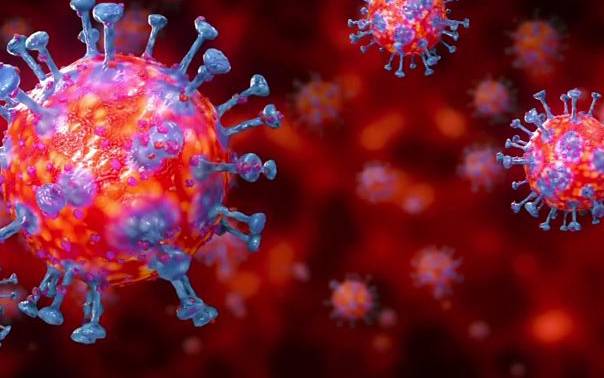×
The Standard e-Paper
Join Thousands Daily

Scientists can now explain what the novel coronavirus does to the body of those critically-ill from the virus, resulting in almost certain death.
It has now emerged that the disease, which has gone through the globe with such devastation, crippling the health systems of some of the most advanced nations in its wake, affects how red blood cells in the body work in carrying oxygen from the lungs to the rest of the body.